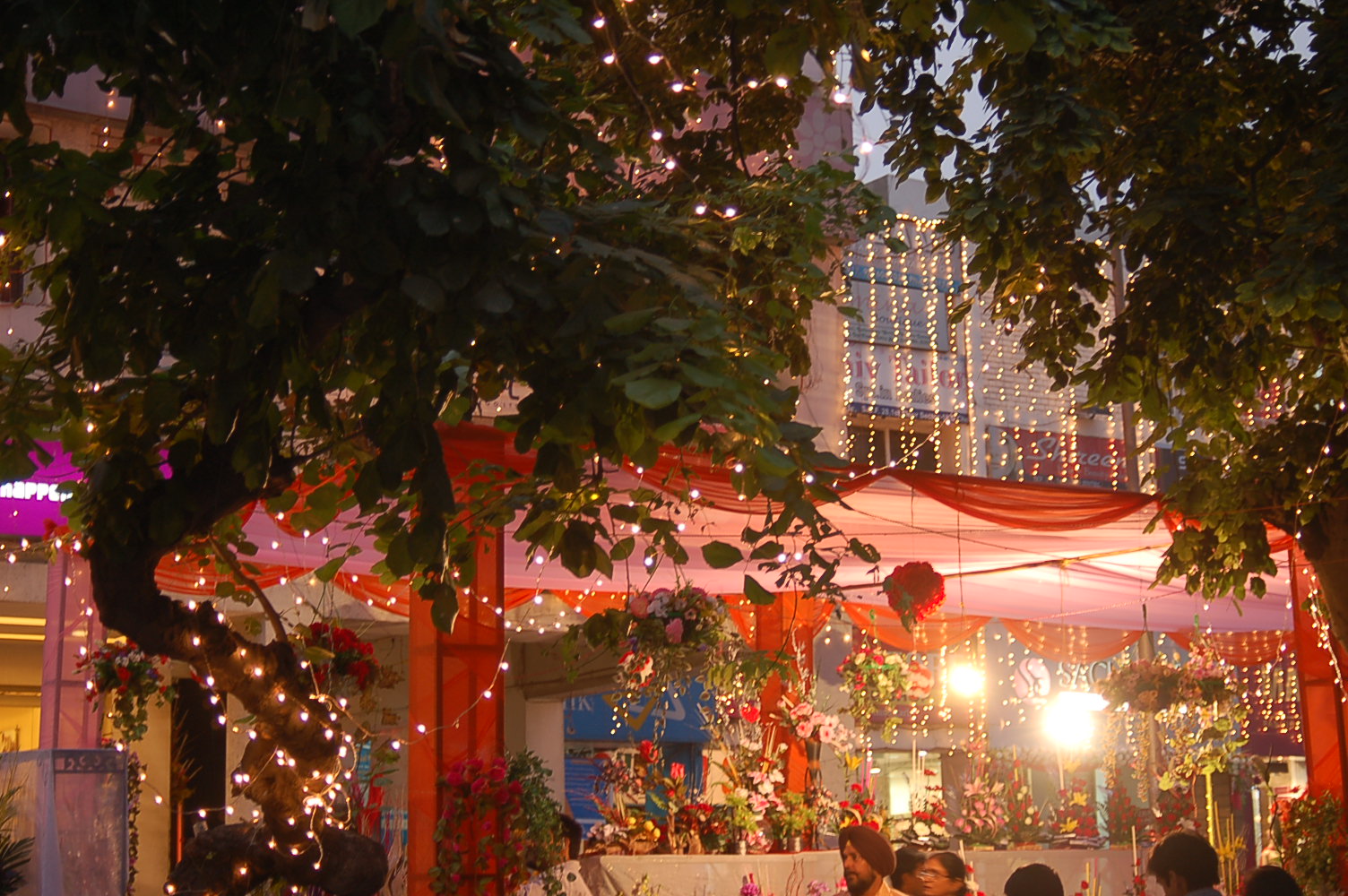By Sarala Kal
Home to twenty-two different languages and seven different religions, a festival is always being celebrated somewhere throughout the Indian Subcontinent. Diwali, however, is one of the few unique holidays celebrated by everyone in the country, regardless of region, religious belief, or caste. Also called Deepavali, the festival is not only celebrated in India, but also in Singapore, Malaysia, Fiji, Suriname, Sri Lanka, Nepal, Mauritius, Myanmar, Trinidad & Tobago, and Guyana. Though the historical significance behind the festival differs across each region and religion, everyone sanctions and celebrates the triumph of good over evil in splendor and grandeur. Communities also take this time to reflect, meditate, discover their inner strength, absolve any sins, and create a new beginning filled with light, love, and peace.

The historical significance of Diwali originates from the many grandiose myths, legends, and folklore of India. The polytheistic nation believes that each god or goddess signifies a particular role to ward off evil and offer protection and solace. With wide-eyed enthusiasm, children of the south learn about the indestructible demon Narakasura whose head is cut off by Lord Krishna, and the celebration of peace ensued named Deepavali. The northern parts of India offer their salutations and reverence to the Goddess Kali whose strength and energy epitomizes the battle between creation and destruction. Her defeat over the forces of destruction is celebrated as Diwali.
Because most people in India follow the lunar calendar, the exact date of Diwali depends on the position of the moon and falls in either October or November of each year. The festival lasts from three to five days and is celebrated with an abundance of sweet treats and dazzling decorations. Some practice fasting as a process of cleansing, some perform rigorous prayers, and others allocate more time towards their loved ones. It is customary for everyone in the household to purchase new clothes or jewelry, for children to receive money and presents from friends and relatives, and for everyone to enjoy decadent food. It is a time for married people to renew their vows, siblings to give each other gifts, and extended families to come together and cherish the love of being together. Lamps are lit with sesame oil in every part of the household to ward off negative energy, and preserve the purity welcomed in. Dancing commences early after dinner and continues throughout the night with people of all ages coming together and enjoying the melodic music. The vibrant colors and mellifluous sounds of power, purity, light, and love ring throughout the country.
We live in a world in which we are faced with challenges every day, witness pain and suffering, and learn of a multitude of acts committed through anger and hatred. The ultimate message of Diwali is universal and resonates with everyone around the world. It presents a uniting theme that is embodied by those who choose to look past the negativity, and focus on progressing with a pure and bright spirit. It is a time to reflect and remember to give and forgive, to rise and shine, to unite and unify, prosper and progress, and illuminate your inner self with positive energy.
